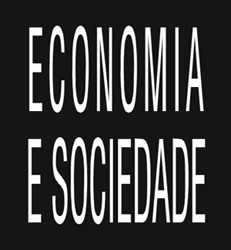This paper discusses the implications of the assumption that economic agents at the receiving end of poverty reduction policies have bounded rationality. It assumes that the beneficiary of the program knows best how to use his or her income to satisfy his or her needs. This, however, does not imply that an optimal solution is reached. Individuals, especially those on very low-incomes, can make better choices as more and better information becomes available, improving their decision-making capabilities in favor of higher income alternatives that can be brought about by their own work efforts. These insights are in turn applied to study the case of the Brazilian program Bolsa Familia, implying that the design and implementation of poverty reduction policies need re-thinking in terms of their long term social efficiency.
Public policy; Bounded rationality; Poverty reduction; Prospect theory; Bolsa Família Program






